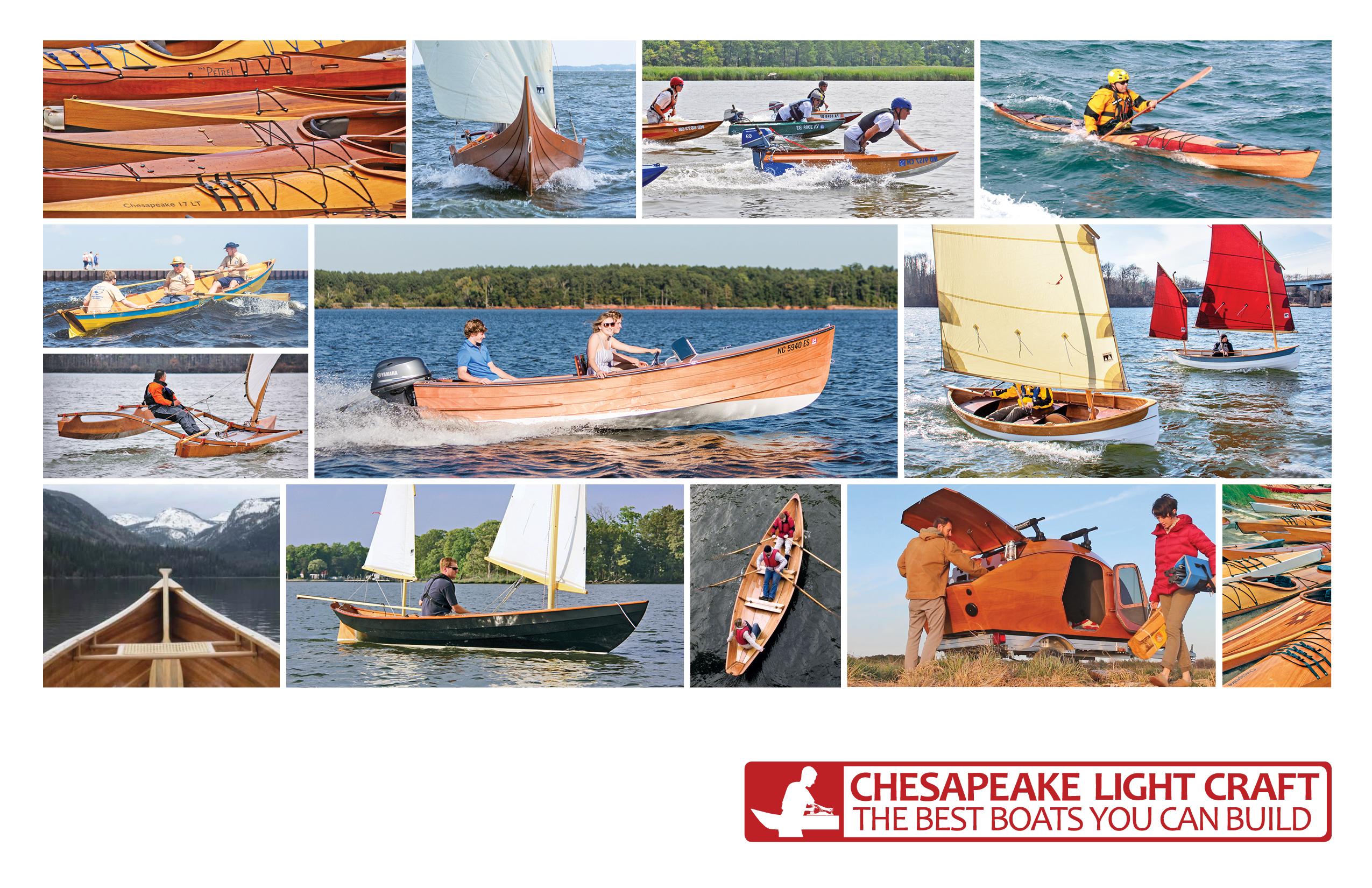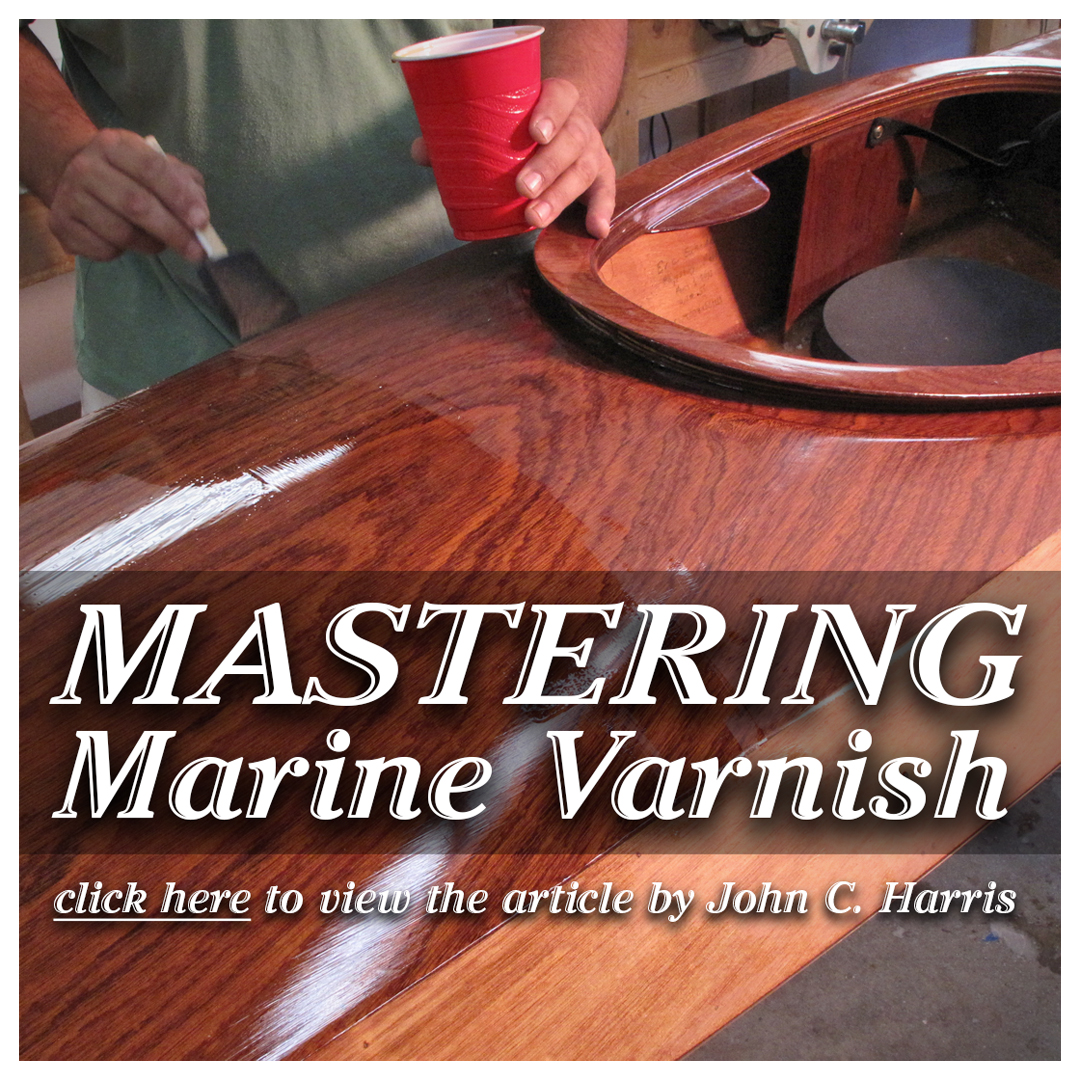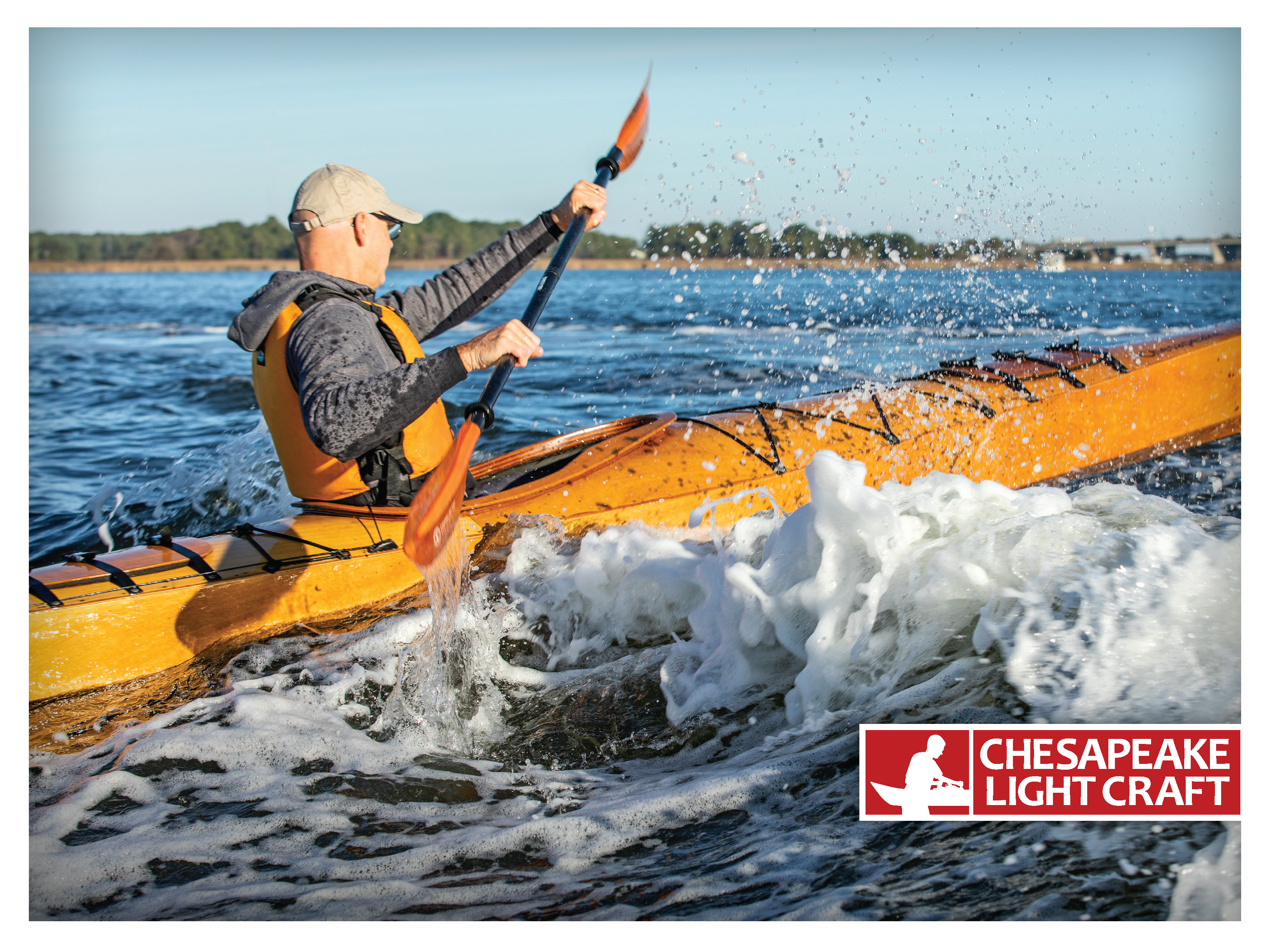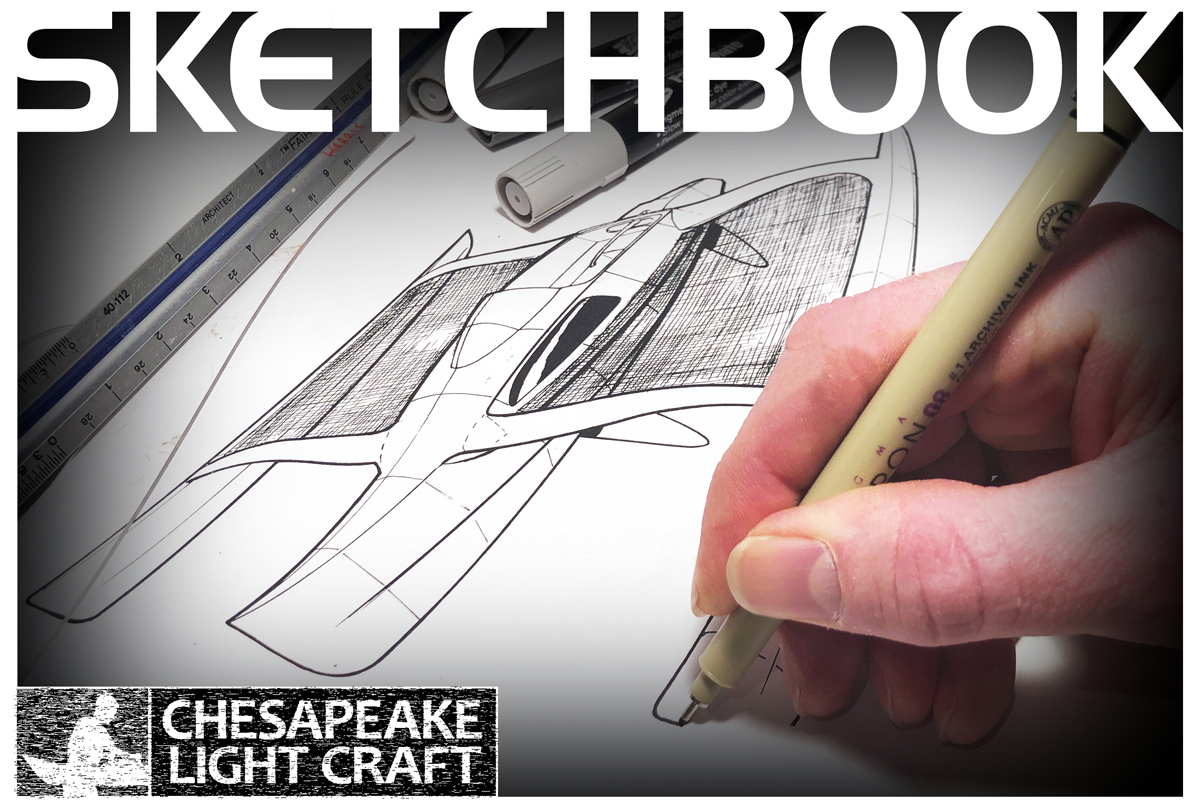Builders' Forum |
|
| ↓ Scroll to Last Comment ↓ | Forum Guidelines | Builders' Forum | |
Going to be building a Northeastern Cory in April. I will be building in a large barn and the weather in Maine is cool at that time of year. My understanding is that epoxy is best applied in temperatures in the 70 degree range. My thoughts are to build a plastic tent over the boat. Then hang shop lights inside the tent to achieve the 70 degrees. Any thoughts on this idea or any other suggestions?
Mark
13 replies:
RE: Epoxy cold weather
I grew up in NE Illinois, live in W Central Wisconsin now. Winters remain part of my life....
If you're using the MAS LV epoxy provided by CLC there's an optional fast hardener that will decrease your frustrations over slow-cure slow hardener used alone when your temps get hard to maintain above 65°F overnight. I ordered fast hardener when I was contemplating the beginning of my Waterlust project late last year, it served me very well over the winter.
BH's point about 65°F is a good one: thick epoxy won't penetrate wood or fiberglass fibers at all well when the substrates are chilly even if the epoxy components are kept at 65°F or above and mixed accordingly, it cools down fast once it's applied. MAS had a helpful schedule on their website giving times for working & cure with the hardeners they offer but I can’t find it there any more. Fortunately I copied it for reference! Here’s a link to a copy of that file:
[img]https://forum.fyneboatkits.co.uk/img/members/25548/MAS_Cure_Times.jpeg[/img]
Tenting with plastic sheet's helpful, reduces the volume of air you'll be heating. And those 'shop lights' won't provide much heat if of the fluorescent variety, even less if LED, either if which are fine to work by of course.
I bought a couple of inexpensive clamp-on lamp holders fitted with aluminum shades, then added a 250W heat lamp to each for those times I wanted to add spot heating to an assembly I was about to epoxify, or to accellerate a cure.
What might be your best option for general heating is one of the oil-filled convection space heaters that runs on 110VAC power. They're more efficient (not by much, but still...) than incandescent lights and usually come equipped with timers and thermostats so you can control their operation.
RE: Epoxy cold weather
Forgot to knock the [bracketed stuff] off that link; you'll need to delete those or it won't work right....
RE: Epoxy cold weather
I've been using 60 degrees as a personal cutoff here in NC. I keep it in the house and move it to the garage when I'm ready to mix. Thining with denatured alcohol has worked for me as far as it spreading easier with cooler temps.
Dean
RE: Epoxy cold weather
Thinning MAS epoxy with denatured alcohol's one way to get it to flow better when cool, but maybe not a best practice for fully sealing out moisture. Those alcohol molecules need to escape during curing, it's been suggested they leave behind pores in the epoxy matrix that may allow moisture to find its way in later on.
This has been discussed here previously, which led me to query the MAS tech folks who said yes, denatured alcohol, xylene or acetone are functional thinners (max. 15% by volume) for their LV products. I'd avoid using acetone de to its extreme flammability.
For the time, funds and effort put into a build though I'd rather make every attempt to work under optimum conditions whenever possible to have any expectations of the results being up to snuff.
RE: Epoxy cold weather
Don't forget the other end getting too warm and curing too fast. So different on parts of the build like glassing a deck which may take more time. Mine flashed too soon making a mess. So many factors here like mixing container size and shape (thickened or unthickend) and getting it out quickly to extend working time and whether you want temp for curing or viscosity. Bring in slow or fast hardener and thinning with DA it can get really complicated. You can also go with a cooler work area say 65 degrees and warm the epoxy containers in a bucket of warm/hot water and mix in a warmer area. It will flow better for awhile til it picks up the work area lower temp. Not much difference but only ten minutes can mean success or a mess. Nothing wrong with a little longer cure time, building boats and deadlines don't mix.
Sorry I don't have exact answers for you and may have even confused you more but this can be one of the trickier parts of a first build first time epoxy user from my experience. So what I'm saying is be careful with this, think and think again and don't be afraid to experiment first. Probably the biggest learning curve for me in the build.
Good luck and enjoy the experience! No matter what happens somehow someway it can all be made right in the end. Just make sure it comes out looking like a boat and only you will know what went wrong.
Just my 2 cents PP
RE: Epoxy cold weather
Living as I do in San Diego I find that the attached garage rarely gets much below 55F but I still heat it - as much for comfort as for epoxy performance. I bought a "Big Buddy" propane fired heater that puts out 18k BTU/hr. on the "High" setting and I go out to the garage and fire it up an hour or two before I want to start my work session. Gets the garage up to 70F or so. When I built the first two kayaks about 15-20 years ago I don't recall ever using any extra heat - and they're both still holding together. If you go with propane for heat you probably should have good ventilation - which may suck all the heat out in northern climes - so electric is probably more practical up there.
RE: Epoxy cold weather
Thanks everyone for your response. I am going to go with the tent idea and hang 4 clip on lights above the boat. I am wondering if I should additionaly be heating under the boat? With heat rising this would heat the boat as well as the room.
Mark
RE: Epoxy cold weather
Keep the lights away from the plastic tent.
Remember to heat the boat up then glass and maintain temp or reduce temp slightly. Reports of boats warming up under fresh epoxy outgassing more have been reported.
RE: Epoxy cold weather
Some observations from my limited experience building a lighthouse tender this year in the extreme temperatures of South Dakota:
- Mixes for bonding, ie with wood flour or cell o fill are more tolerant of cold weather, whereas clear coats over large surfaces are a lot more sensitive.
- Watch out for temperature variations during the day/night, differences and in temp between the resins and the wood. Really think ahead and try to keep everything around the same temperature as you mix/apply/cure,and keep an eye on the the weather forecast.
- I mixed one batch for clear coating with Fast hardener. When they say fast, they mean FAST. You really need to work quickly with that stuff, and don't mix a a big batch or it will heat up and solidify in the blink of an eye. On the other hand, it did cure very nicely when applied. I opted to stay with the Slow and wait for warmer weather (around here that means 45 dg + days outside, so it will be a while) for clear coating the hull in my pre-heated shed. I won't turn on the heater when cleat coating as contamination from dust particles can be a real issue.
- If you have the space, try moving the prep/assembly epoxy work on parts such as floorboards, foils etc inside your house. Hopefully you won't be kicked out of the house with all your stuff.
- Use cold weather windows for other work. There is plenty of this to keep you busy if you group a lot of the shaping, routing, measuring, drilling etc.
I hope this is helpful. I have learned most of these the hard way as the weather went from very warm to very cold and everything in between during the build. Good luck.
Jose
RE: Epoxy cold weather
just wanted to add my experience here building through the winter in an unheated garage.
i always kept my epoxy in-doors and at 70 degrees or better and only brought it into the shop for work sessions.
i did a lot of 'tenting' and used two electric space heaters to keep the bits i was epoxying warm and avoid the cost of trying to heat the entire garage. i also had several thermometers so i could confirm the temperature in the tent (vs the rest of the garage). if i wasn't doing a work/curing session (which i organized around planning to heat things up), i turned things off.
it was a bit of a pain, but with tenting and organizing my work sessions, i was able to get it all done without excessive costs.
h
RE: Epoxy cold weather
Did you work under the tents with the heat still going, or did you remove the tents to work, counting on the working bits staying warm enough for a while?
.....Michael













RE: Epoxy cold weather
» Submitted by Bubblehead - Mon, 12/28/20 » 10:53 AM
If you do some snooping around on this list you'll find many long discussions on precisely this topic with all kinds of hints and recommendations. The tent idea sounds fine. Lamps and/or electric heaters recommended to avoid contamination from any soot/oils from any fossil-fueled heaters. In my experience anything over 55 degrees is do-able, cure times just start to get a lot longer. Remember that you can buy some faster curing formulation for the epoxy - I haven't clicked over to double check, but I thing CLC sells it. I haven't used it, but that might be a thing to do. And it does help to keep your epoxy inside the house (warm) right up until mixing. And one other thing to watch for - in my experience all glueing operations are fine with the colder temperatures (again, just longer cure times) but I did have one instance during glassing where the cold/viscous epoxy had a problem wetting out the glass cloth, so I recommned getting things as warm as possible (but not so warm as to limit working time) when glassing - that's bout 65 - 80 degrees F.
I built the NE Dory 4 years ago and I'm loving it. Had it out for a long row (the wind quit) just a couple of days ago here in TX. I've worked in both cold and heat down here. Besides the fact in Michigan, I'll take the cold (I can get the garage warmed up pretty well). When it is 95 and above, working with the epoxy presents a whole 'nother set of challenges!